MOGADISHU, SOMALIA — In a pivotal move to combat the persistent threat of aid diversion, the Somali Disaster Management Agency (SoDMA), in partnership with UNICEF, has successfully concluded a three-day consultative workshop. Held from September 7th to 9th, 2025, at the Istanbul Hotel in Mogadishu, this event was a beacon of national resolve, uniting staff from SoDMA and representatives of the Federal Member States.
The workshop’s opening was a powerful affirmation of its purpose. Mr. Abdisalam Abdullahi Farah, Director of the Relief Department at the Ministry of Humanitarian Affairs and Disaster Management of Galmudug, emphasized the workshop’s role in providing essential tools to combat the major challenge of aid diversion. His statement set the tone for a collaborative and action-oriented agenda.
For his part, Mr. Said Mohamed Added, Humanitarian Affairs Coordinator in Lower Shabelle region at the Ministry of Humanitarian Affairs and Disaster Management in Southwest State, underscored this sentiment, highlighting the partnership as a significant leap forward in the monitoring and investigative capabilities of aid agencies.
In his keynote opening address, Professor Mohamed Ahmed Mohamed Adalle, Assistant Commissioner for Durable Solutions for IDPs and an expert in Aid Diversion Communications, echoed this national commitment. He explained that the workshop is a cornerstone of SoDMA’s strategy to ensure aid reaches those most in need. “This program is about building the capacity of our local staff,” he stated. “We are providing them with the advanced skills necessary for on-the-ground investigations and evidence collection, which is vital for protecting humanitarian aid.”
Professor Adalle added that he encouraged the immediate implementation of the program in the field, as it is vital for protecting humanitarian aid.
The workshop’s meticulously designed agenda was a journey from principle to practice, fostering a collaborative and results-driven environment. The sessions were facilitated by Mr. Mukhtar Sheikh Hussein, Stakeholder & Community Engagement Advisor, and Mr. Abulkadir Sharif Sheikhna, Principal Advisor for the Aid Diversion Unit at SoDMA, whose expertise guided participants through each step.
Day 1: Establishing the Bedrock of Accountability
The first day laid the foundation for the entire process, focusing on a deep dive into humanitarian principles and the core of accountability. Led by expert facilitators, participants mapped out the essential steps for effective aid diversion investigations, setting a clear, shared vision for the days ahead.
Day 2: Operationalizing Integrity
Building on the first day’s discussions, the workshop shifted to the practical application of theory. The sessions were led by Professor Mohamed Ahmed Mohamed Adalle and Mr. Mukhtar Sheikh Hussein, who guided attendees in creating robust whistle-blower protection mechanisms and response pathways. The sessions highlighted the crucial roles of government bodies and community oversight in conducting thorough investigations and ensuring ethical service delivery.
Day 3: Formalizing the Commitment
The final day was dedicated to solidifying the outcomes. Participants engaged in a comprehensive discussion to refine feedback and complaint mechanisms. This culminated in the formal presentation and adoption of a new set of standardized investigation protocols and concrete action points, marking a definitive commitment to implementation.
The workshop concluded with impactful closing remarks from Mr. Mukhtar Sheikh Hussein, who reaffirmed the agency’s commitment to implementing the new protocols and thanked all participants for their dedicated contributions.
The success of the workshop signals a new era of transparency and accountability in Somalia’s humanitarian sector. The new protocols will significantly enhance SoDMA’s ability to protect vulnerable communities and ensure that every effort in humanitarian assistance is a step towards a more secure and prosperous future.
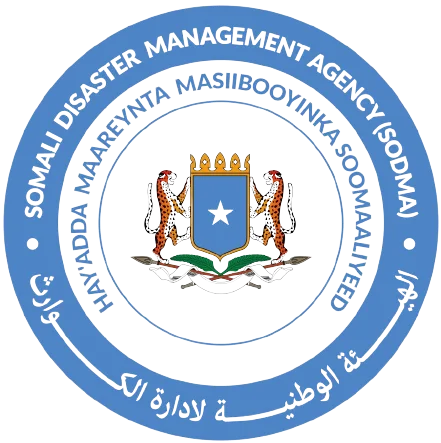

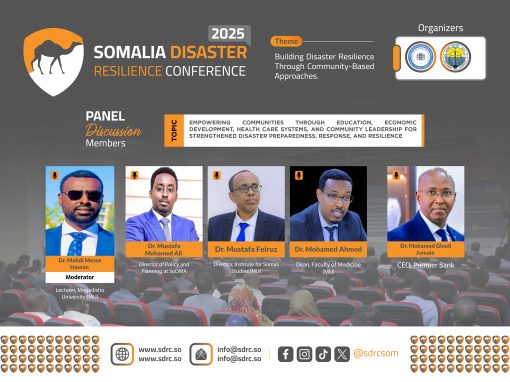
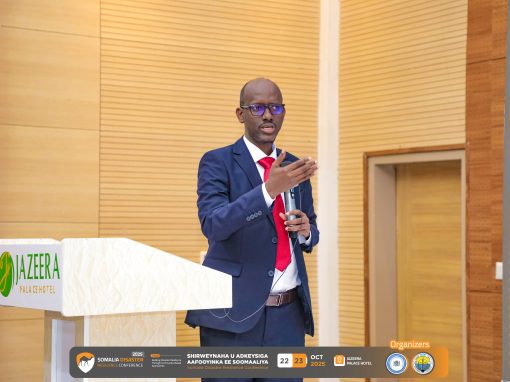
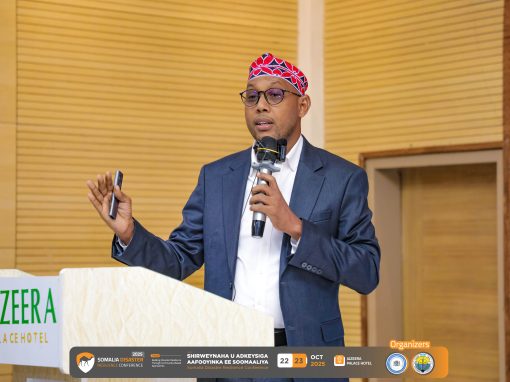


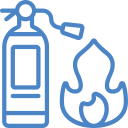
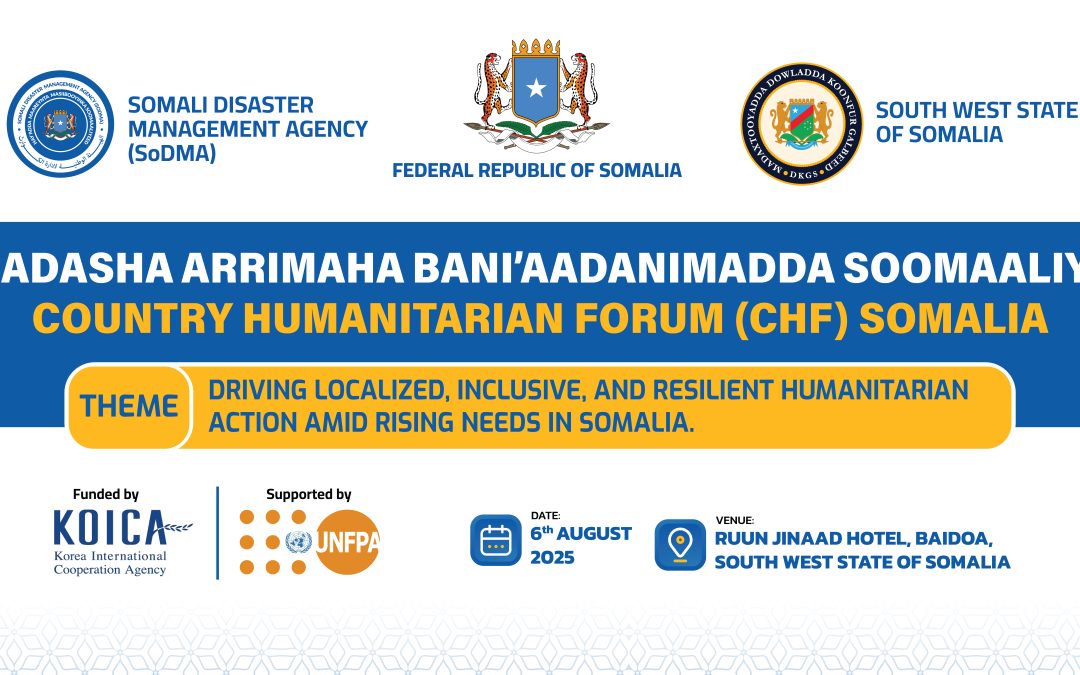
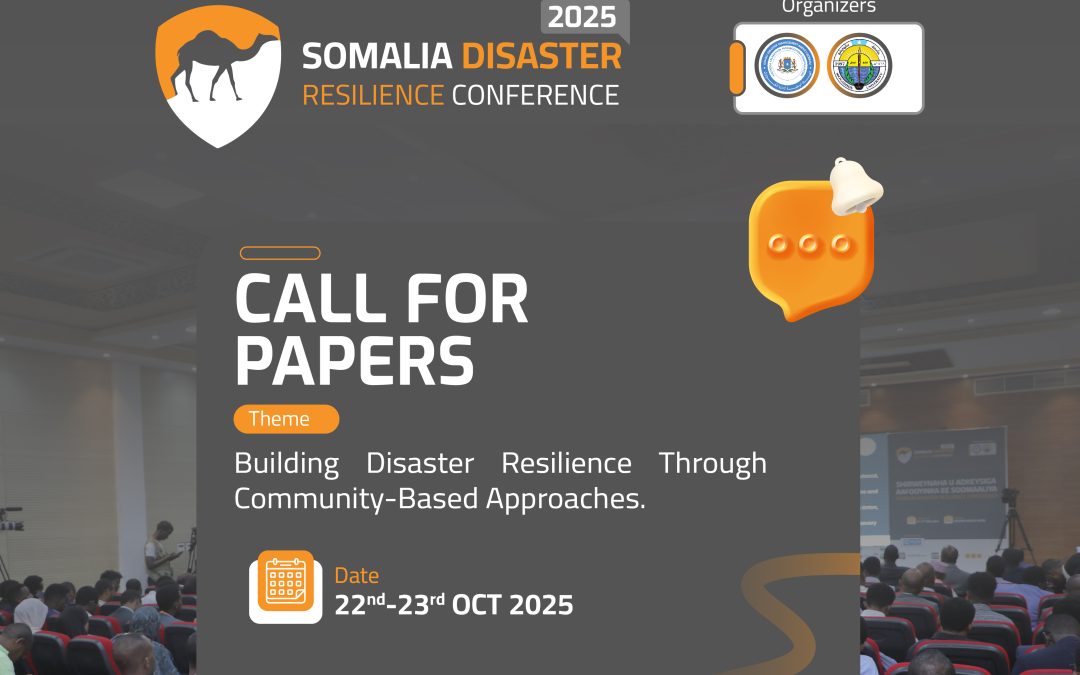
0 Comments